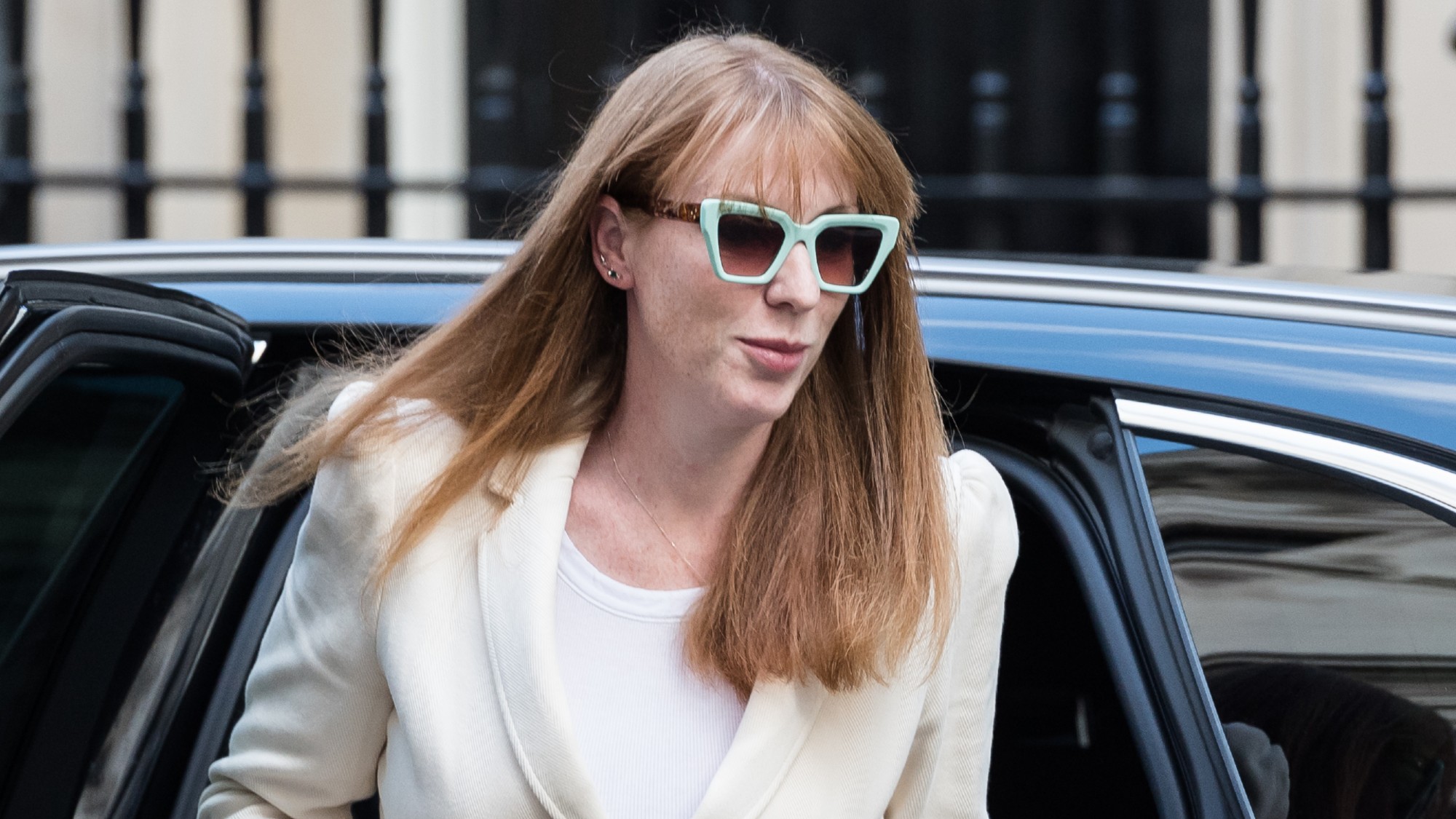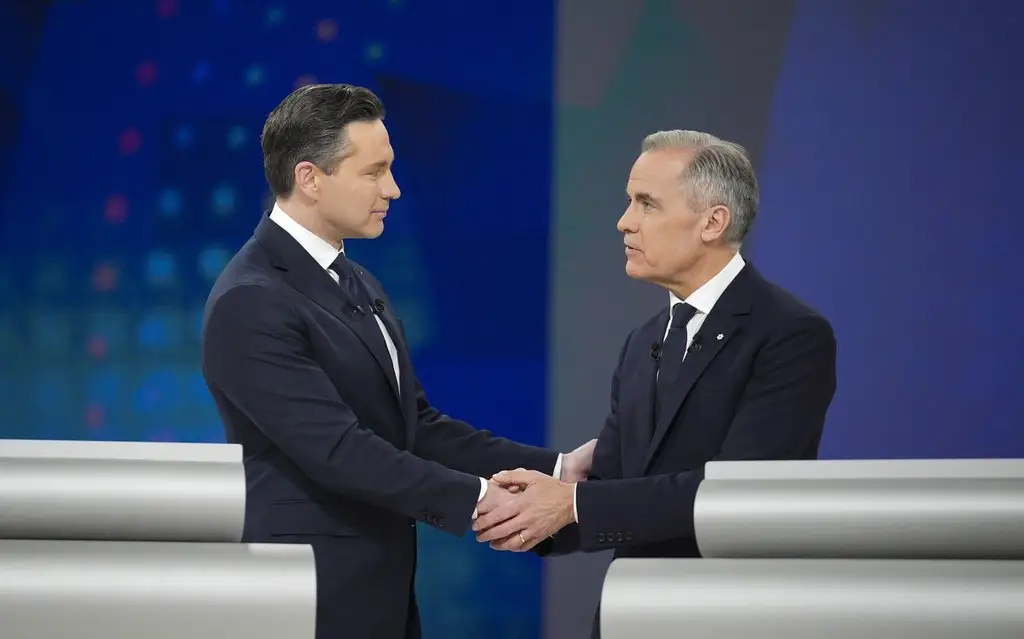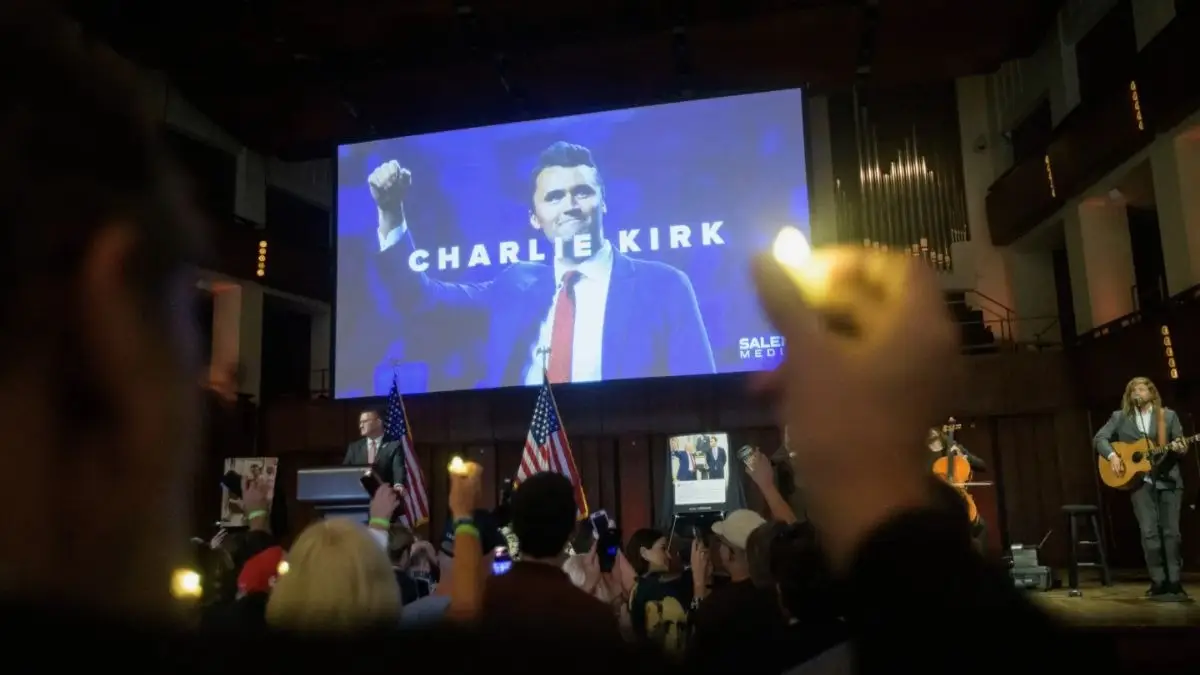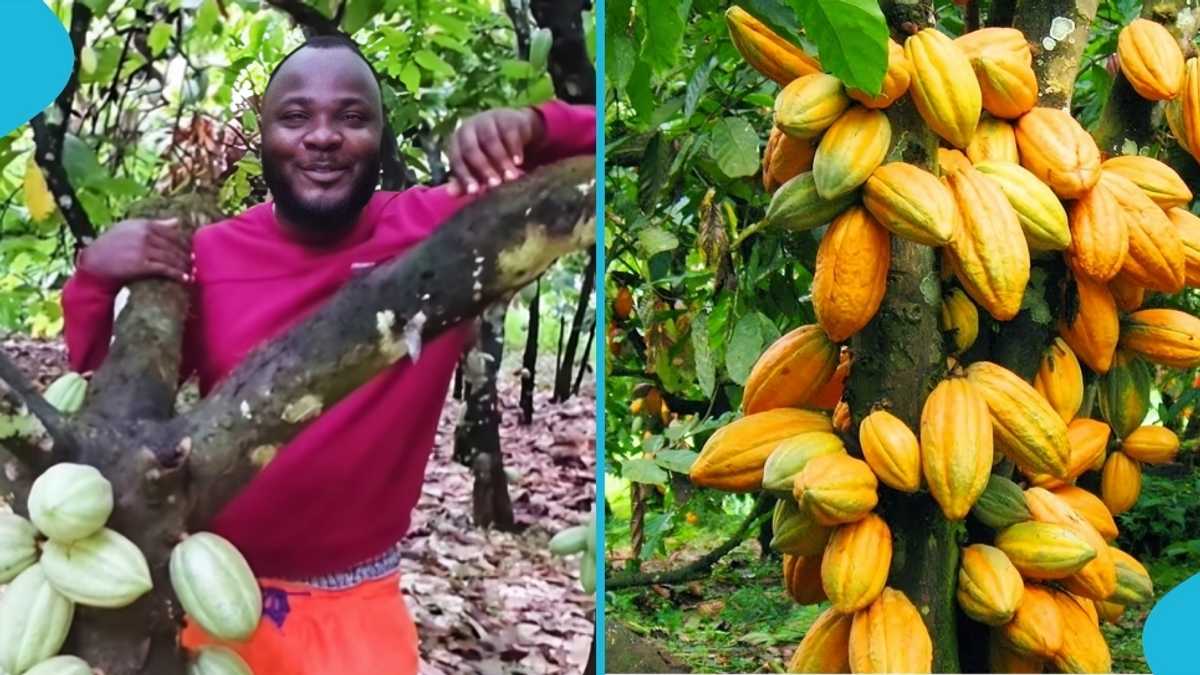By Damon Winter,The Berkshire Eagle
Copyright berkshireeagle
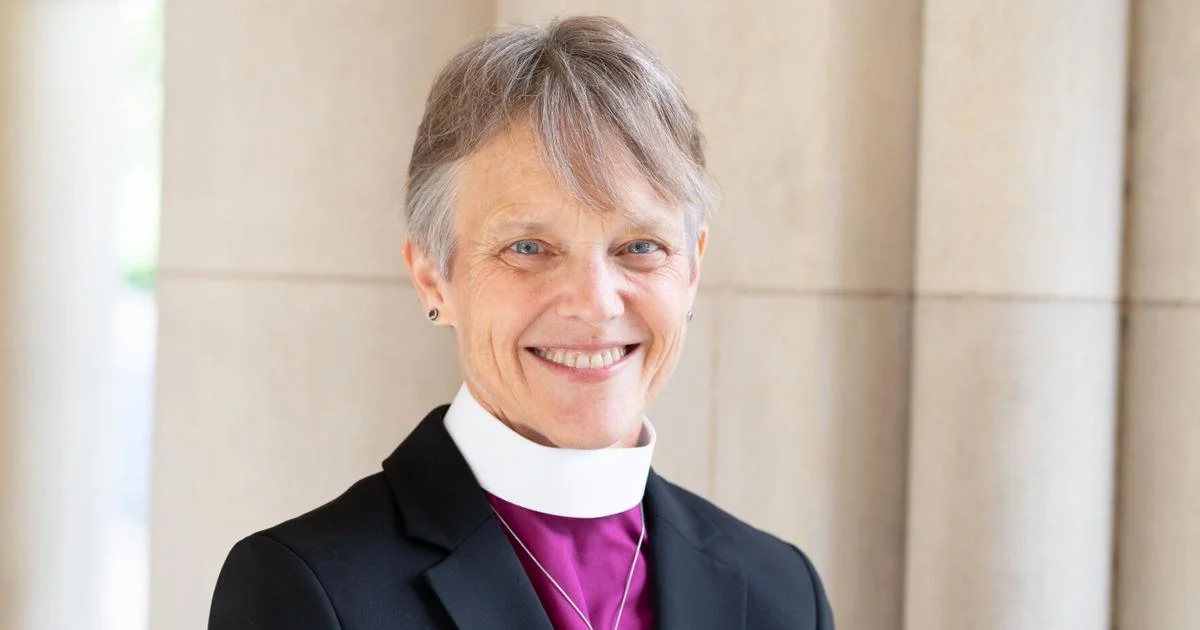
LENOX — The 2025 Words, Ideas and Thinkers Literary Festival brings together leading writers, scholars and public figures to explore the role of words in shaping society, Sept. 25-28 at Shakespeare & Company and the Mahaiwe Performing Arts Center in Great Barrington.
The Authors Guild’s fourth annual festival, emphasizing the theme “The Power of Words: Authors & Activism,” will offer audiences the opportunity to attend conversations, readings and panels with some of the most distinguished voices in literature and activism, while highlighting how storytelling, advocacy and scholarship intersect to illuminate pressing social, political and cultural issues.
This year’s speakers include Masha Gessen, Michael S. Roth, Tim Weiner, James Lawler, Branden Jacobs-Jenkins, Sanaz Toossi, Catherine Coleman Flowers, Peter Hotez, Torrey Peters, Chase Strangio, Hanif Abdurraqib, Imani Perry, David W. Blight, Deval Patrick, Bishop Mariann Edgar Budde and Marilynne Robinson, with moderators including Alia Malek, Garrett M. Graff, Vinson Cunningham, Jeremy S. Faust, J. Wortham, Shana L. Redmond and Paul Elie.
Tickets, $19 to $51, can be purchased online at authorsguild.org. An All-Access Livestream Pass also is available for $28.45 to $60.43.
2025 WIT LITERARY FESTIVAL SCHEDULE
Unless noted, events are at Shakespeare & Company, 70 Kemble St., Lenox
5 p.m. Thursday, Sept. 25: The Future Is Not Preordained
What does it take to preserve democracy in an era of rising authoritarianism and political division? That’s the question M. Gessen and Michael S. Roth will explore in a public conversation.
Gessen, a historian and New York Times columnist, has spent decades writing about authoritarianism in Russia and the United States, emphasizing that resistance requires imagining better choices and insisting on the possibility of change. Roth, president of Wesleyan University and 2025 PEN/Courage Award recipient, has long championed the idea that education is central to democracy, arguing that collaborative and experimental learning mirrors the practices needed for civic life.
Together with moderator Alia Malek, they will examine the stakes when freedoms of inquiry and expression are threatened and reflect on ways individuals and institutions can foster civic courage and hope.
2:30 p.m. Friday, Sept. 26: Intelligence Fails Because It Is Human
Why does intelligence sometimes fail, even with the best information? Journalist Tim Weiner and former CIA operative James Lawler will explain.
Weiner, author of “Legacy of Ashes” and “The Mission,” provides an inside look at CIA history, chronicling the successes and failures of the Agency from its founding through modern conflicts. Lawler, who spent 25 years in the CIA, draws on his experience managing counterproliferation operations and navigating high-stakes intelligence challenges.
Moderator Garrett M. Graff will guide a discussion of the human, organizational, and political factors that shape intelligence work, highlighting the tension between data collection and decision-making in global security.
5 p.m. Friday, Sept. 26: Every Play Opens a New Door
How does theater help us understand the past and imagine the future? Pulitzer Prize-winning playwrights Branden Jacobs-Jenkins and Sanaz Toossi will explore this question.
Jacobs-Jenkins’ “Purpose” blends comedy and drama to examine a Chicago family whose patriarch was a leader in the Civil Rights Movement, while Toossi’s “English” delves into the lives of Iranian adults grappling with language and identity in a classroom setting. Both writers have been praised for capturing the emotional and historical textures of contemporary life through theater.
The New Yorker’s Vinson Cunningham will moderate a discussion of performance, representation and the ways playwrights and actors collaborate to illuminate human experience and connect personal stories with broader social currents.
10:30 a.m. Saturday, Sept. 27: Listening is a Form of Activism
What’s the connection between the health of our communities and the health of our democracy? That’s the central question environmental justice advocate Catherine Coleman Flowers and infectious disease expert Peter Hotez will answer.
The two nationally recognized voices will discuss how climate change, poverty and the growing anti-science movement endanger the most vulnerable Americans. Their work first intersected with the Hookworm study, which revealed widespread neglect of rural communities lacking access to clean water, sanitation, and healthy soil.
Flowers, a MacArthur Genius Grant recipient and TIME 100 honoree, has been a leading force for environmental justice in marginalized communities. Hotez, a pediatrician, vaccine scientist and professor at Baylor College of Medicine, is an outspoken critic of anti-science politics and has authored “Vaccines Did Not Cause Rachel’s Autism” and “Science Under Siege.” Together, they will reflect on lessons from the civil rights movement and public health crises while offering hope for a more sustainable future.
1 p.m. Saturday, Sept. 27: We Have Always Taken Care of Each Other
With efforts to roll back protections for LGBTQ people on the rise, bestselling novelist Torrey Peters and ACLU attorney Chase Strangio will explore the power of storytelling and legal advocacy to envision a more just and inclusive society.
Peters’ fiction, including “Detransition, Baby,” centers transgender experiences with nuance and humanity and has been recognized with the PEN/Hemingway Award for debut fiction. Strangio, the first openly transgender person to argue before the Supreme Court, has been counsel in some of the most pivotal transgender rights cases in the United States and emphasizes that law alone cannot create change — it must work alongside transformative social movements.
Moderator J. Wortham will guide a conversation about how art and advocacy intersect to challenge injustice, build community and open space for creativity and resilience.
3:30 p.m. Saturday, Sept. 27: A World Where the Song Is Still Going On
How does music reflect the resilience and consciousness of a people? Poet Hanif Abdurraqib and scholar Imani Perry will explore this question through an examination of sound and social history.
Abdurraqib, author of “There Is Always This Year: On Basketball and Ascension” and “A Little Devil in America,” investigates the emotional resonance of music and its role in shaping personal and communal identity. Perry, winner of the National Book Award for “South to America,” examines music’s connection to social movements, political resistance and cultural expression.
Moderator Shana L. Redmond will guide a conversation about the ways music and scholarship illuminate resilience, hope and social consciousness, bridging historical analysis with contemporary cultural experience.
11 a.m. Sunday, Sept. 28: My Voice, My Pen, My Vote
Venue: Mahaiwe Performing Arts Center, 14 Castle St., Great Barrington
How can history inform civic engagement in a contentious political climate? Historian David W. Blight and former Massachusetts Gov. Deval Patrick will examine this question.
Blight, Sterling Professor of History at Yale University and author of “Frederick Douglass: Prophet of Freedom,” has spent decades exploring the role of history in shaping democracy and civic responsibility. Patrick, who served as governor of Massachusetts and is a senior partner at The Vistria Group, emphasizes public service, civic literacy and the power of active engagement in shaping a just society.
Moderator Imani Perry will guide a discussion about fostering civil discourse, public understanding and a more informed, participatory democracy.
3 p.m. Sunday, Sept. 28: To Make Inroads on the Vast Terrain of What Cannot Be Said
Venue: Mahaiwe Performing Arts Center, 14 Castle St., Great Barrington
How do courage and imagination shape community in times of fear? Bishop Mariann Edgar Budde and novelist Marilynne Robinson will explore this question.
Budde, spiritual leader of the Episcopal congregations and schools in Washington, D.C., and a long-time advocate for racial equity and LGBTQ inclusion, reflects on mercy, justice and the human spirit. Robinson, recipient of the National Humanities Medal and author of the acclaimed “Gilead” novels, examines the role of imagination and moral responsibility in sustaining community.
Moderator Paul Elie will guide a discussion on the intersections of faith, literature and civic responsibility, highlighting how courage and imagination can foster resilience in challenging times.
